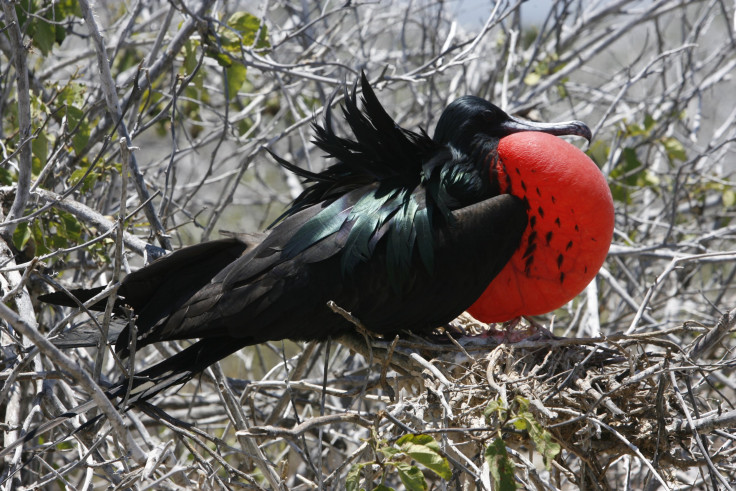Birds can sleep mid-air even when flying long distance, German scientists prove

German scientists have proved that birds can sleep while flying. This weird habit of birds have been theorised for long. However, scientists from Max Planck Institute in Seewiesen, Bavaria, said that they have definitive proof for the first time.
The scientists monitored brainwaves and locomotion of great frigatebirds from the Galapagos Islands. Their flights last for months. Devices were strapped to the heads of the female birds to monitor brain activity over the course of 10 days.
The study, published in the journal Nature Communications, revealed that the winged friends require less sleep during long flights over the ocean than they do on land. The study also found that the birds slept for only 42 minutes per day, only a fraction of the 12 hours of sleep they get while on land.
“It is commonly assumed that flying birds maintain environmental awareness and aerodynamic control by sleeping with only one eye closed and one cerebral hemisphere at a time. However, sleep has never been demonstrated in flying birds,” the researchers wrote in the study.
The study not only established the fact that birds can sleep during flight but also “challenge the view that they sustain prolonged flights by obtaining normal amounts of sleep on the wing.” It was found that the birds were sometimes in a way half asleep where only one hemisphere of their brains was awake and one eye open to detect threats.
However, the birds were also able to sometimes keep both their brain hemispheres shut without crashing. The only thing that is unclear is why the birds have such low amounts of sleep even during nights when there is no imminent threat.
“Why we, and many other animals, suffer dramatically from sleep loss whereas some birds are able to perform adaptively on far less sleep remains a mystery,” lead researcher Niels Rattenborg said in a statement.





















